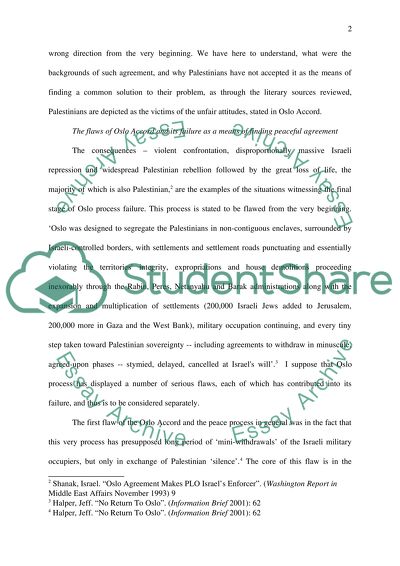Cite this document
(The History of Arab-Israeli Conflict Essay Example | Topics and Well Written Essays - 1750 words, n.d.)
The History of Arab-Israeli Conflict Essay Example | Topics and Well Written Essays - 1750 words. https://studentshare.org/history/1502763-the-history-of-arab-israeli-conflict-was-the-oslo-peace-agreement-failure-why
The History of Arab-Israeli Conflict Essay Example | Topics and Well Written Essays - 1750 words. https://studentshare.org/history/1502763-the-history-of-arab-israeli-conflict-was-the-oslo-peace-agreement-failure-why
(The History of Arab-Israeli Conflict Essay Example | Topics and Well Written Essays - 1750 Words)
The History of Arab-Israeli Conflict Essay Example | Topics and Well Written Essays - 1750 Words. https://studentshare.org/history/1502763-the-history-of-arab-israeli-conflict-was-the-oslo-peace-agreement-failure-why.
The History of Arab-Israeli Conflict Essay Example | Topics and Well Written Essays - 1750 Words. https://studentshare.org/history/1502763-the-history-of-arab-israeli-conflict-was-the-oslo-peace-agreement-failure-why.
“The History of Arab-Israeli Conflict Essay Example | Topics and Well Written Essays - 1750 Words”. https://studentshare.org/history/1502763-the-history-of-arab-israeli-conflict-was-the-oslo-peace-agreement-failure-why.


